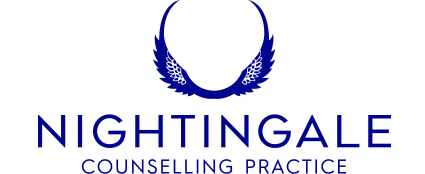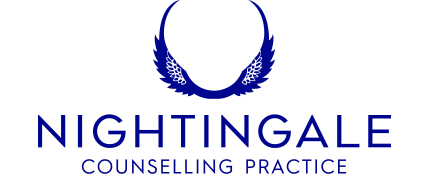One of the most common things that can affect our mental health is anxiety. It’s an emotion that we all experience from time to time, but it can start to spiral out of control and have a negative impact on our everyday life. It’s little comfort to know that it affects millions of us each day, worldwide, with many people identifying that they have an ‘anxiety disorder’.
As if anxiety wasn’t bad enough, it’s usually accompanied by other mental health issues such as low mood or depression. It can also be triggered by alcohol or eating disorders and people who suffer with OCD, Phobias, or overcoming Trauma, can also experience a heightened level of anxiety.
Triggers for anxiety
Life can throw many curveballs at us, in both our personal and professional lives. We may have suffered a trauma in our personal life, carry issues over from childhood, or struggle to deal with family issues. We might also experience a high level of stress in our jobs or experience workplace bullying. These can all trigger heightened anxiety. If you experience a high level of anxiety, you will usually ask yourself the same question… “When am I going to feel ‘normal’ again?”
Different types of anxiety
Anxiety can usually be split into two kinds, social or general. Social anxiety is when you feel people are always judging you or criticising your every move. General anxiety is when the uncertainty of life makes us worry so much that it starts to feel all-consuming. If you experience this level of anxiety, and you don’t address the issue, it can cause real issues. You may experience panic attacks or further worsen issues such as obsessive-compulsive disorder (OCD), post-traumatic stress disorder (PTSD), or agoraphobia, where the anxiety becomes so bad that we fear even leaving our homes.
Treating anxiety
The good news is that there is help out there. We can all take steps to reduce harmful levels of anxiety by making lifestyle changes and using effective counselling methods. Counselling is essential when dealing with anxiety. With the help of an integrative counselling approach including cognitive-behavioural therapy (CBT), we can identify and address negative thought patterns that can trigger or prolong our heightened anxiety. At Nightingale, we use CBT alongside other models of counselling.
Our highly trained counsellors at Nightingale are well-versed when it comes to dealing with anxiety. We look to address the issues in your life that may be causing it and give you coping techniques that you can use in every scenario of your life.
Contact Nightingale
If you struggle with anxiety but want to make positive life choices that will put you back in control of your life, get in touch today. Call our team on 0141 353 9373 or fill out the contact form on our Contact page.


